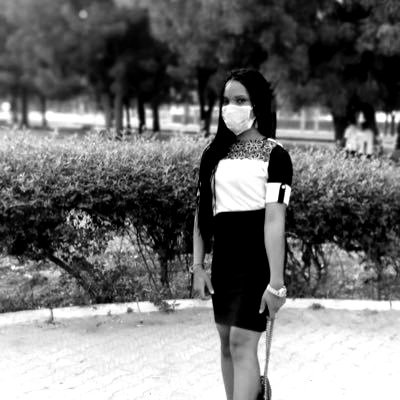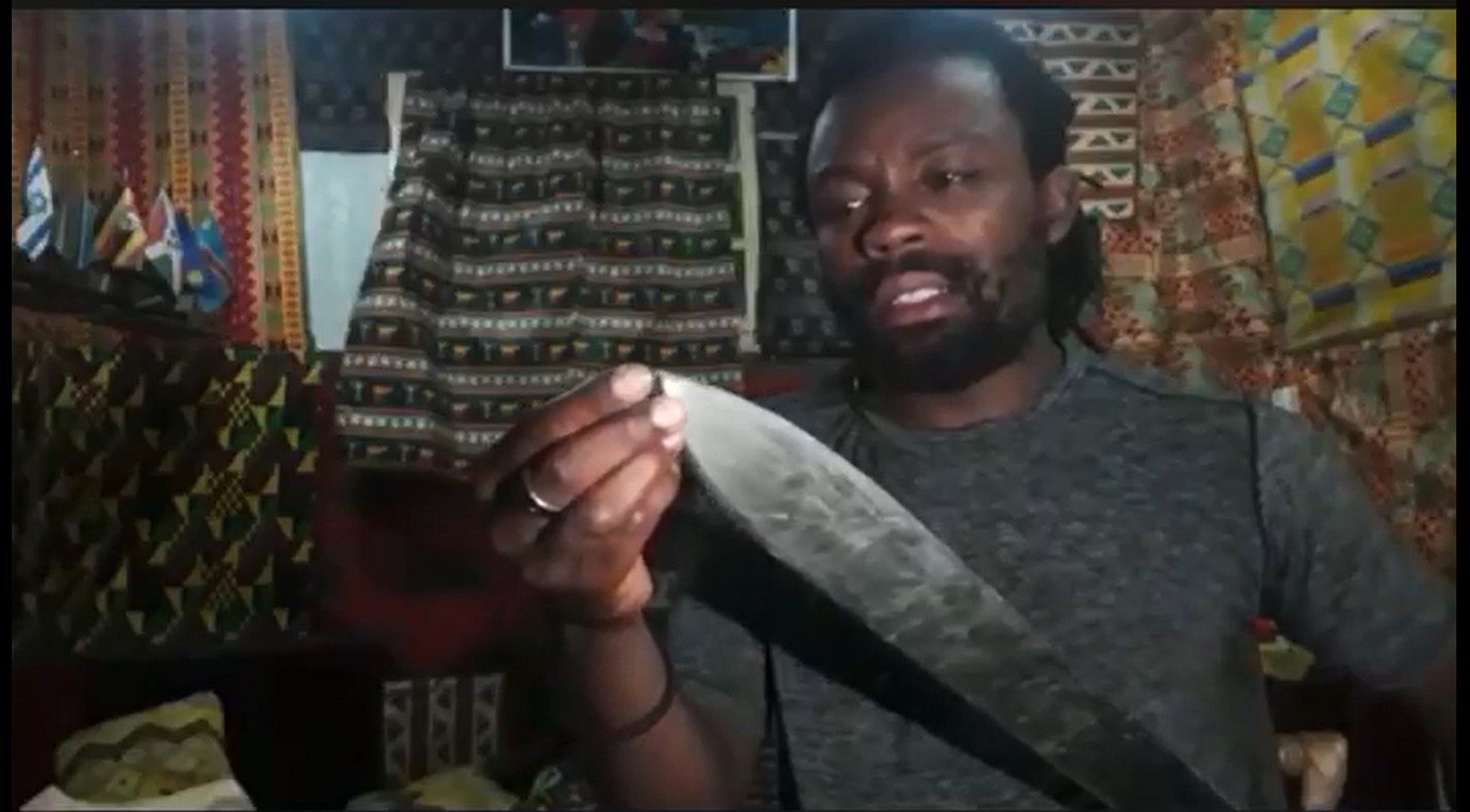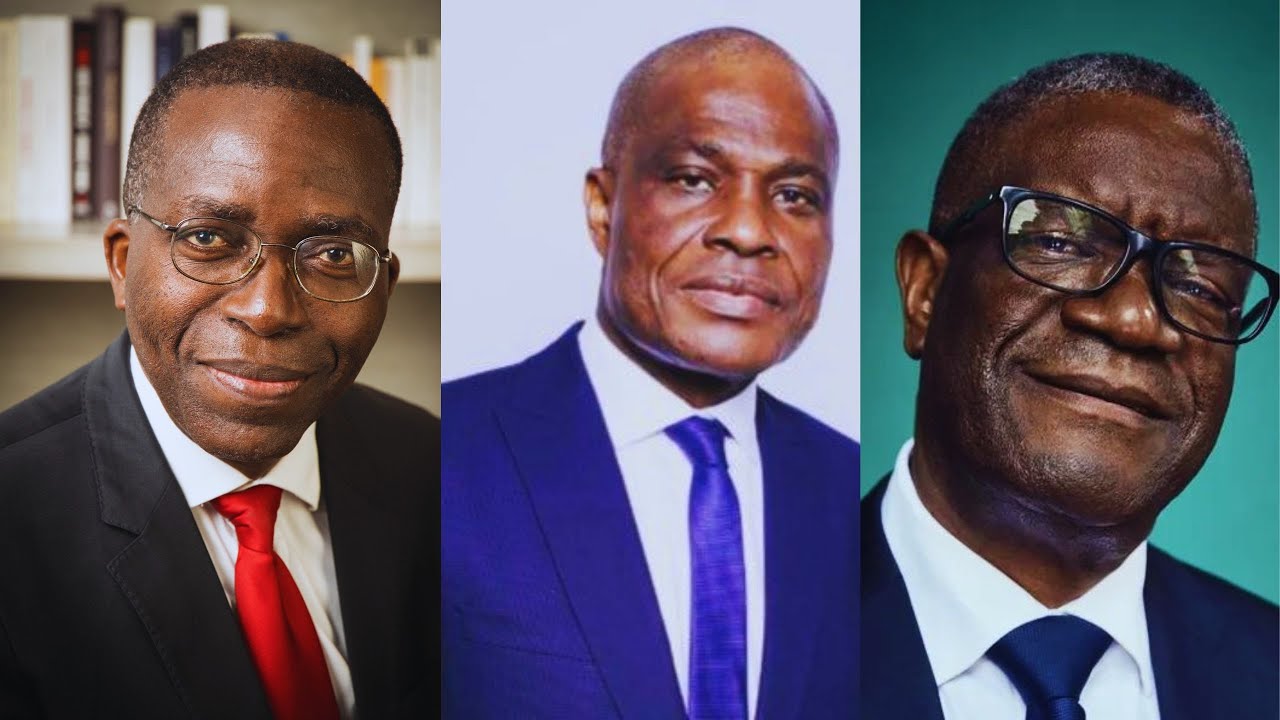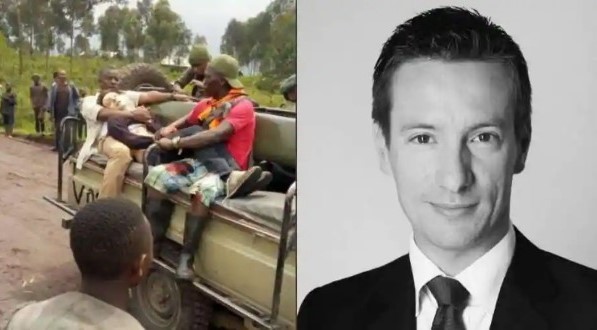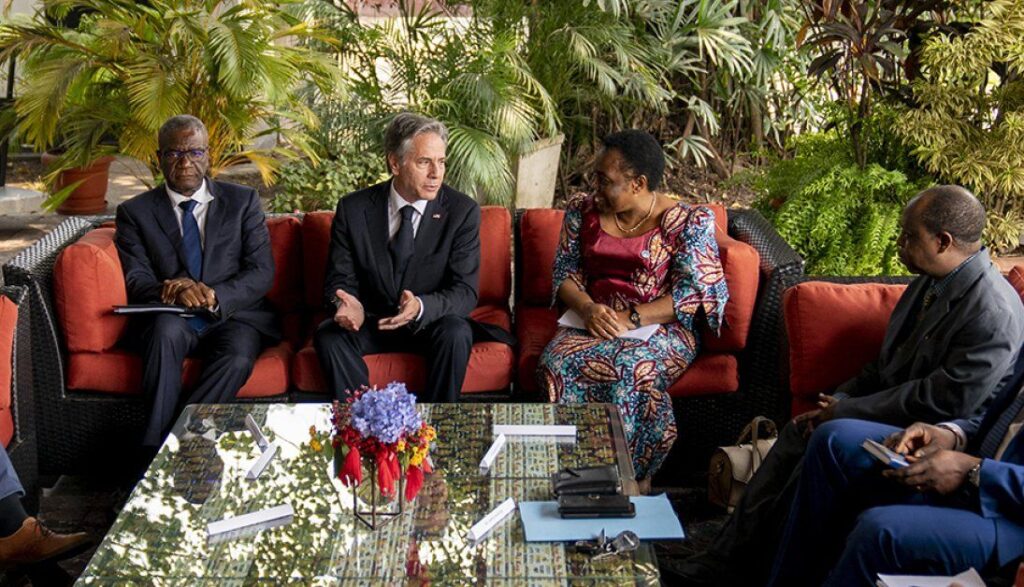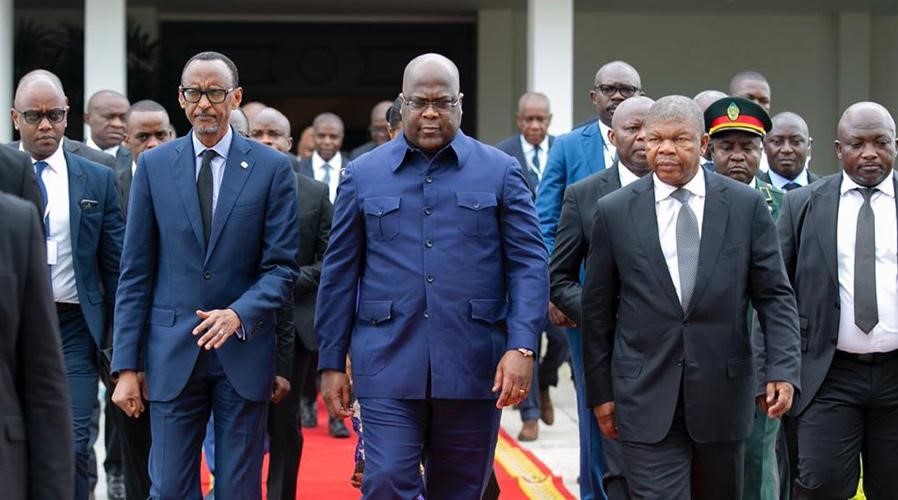Regional
Congolese refugees should not be Rwanda’s problem
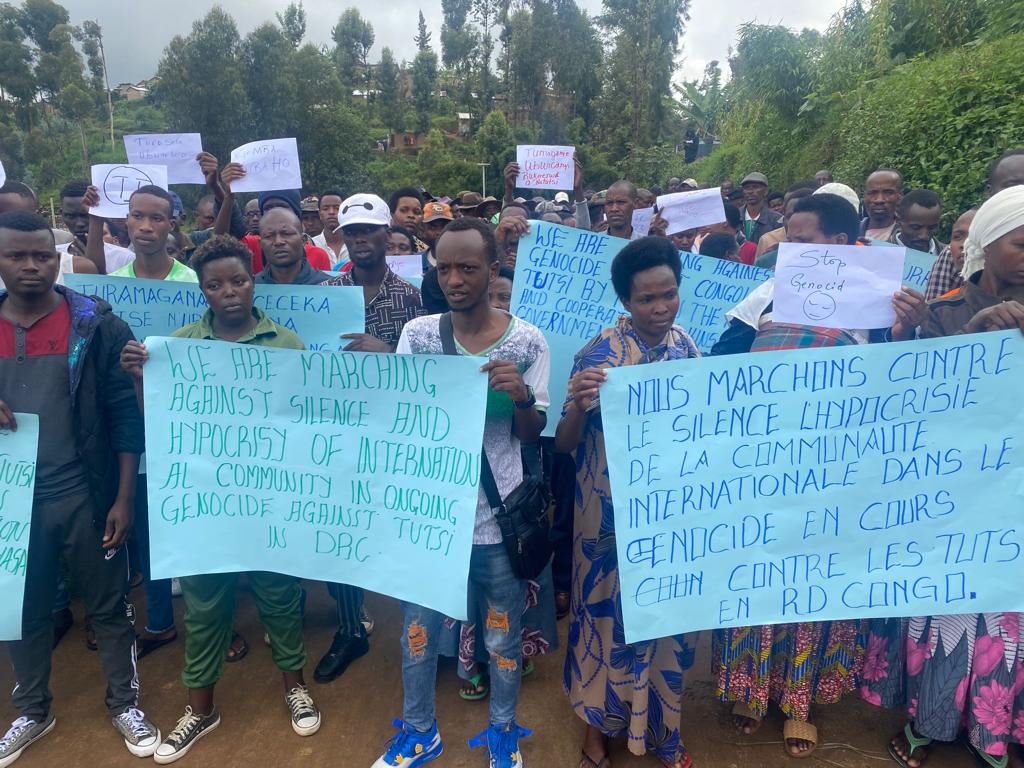
Constant
insecurity in the Democratic Republic of Congo (DRC) has led to more than five
million people being displaced. More than one million Congolese have sought
asylum, mostly within Africa, according to the UN Refugee agency.
To
date, more than 70,000 Congolese refugees are registered in Rwanda alone, with
numbers increasing daily. Recently, more than 100 Congolese refugees fled to
Rwanda after they were forced to flee from their home country following the
resumption of fighting between the M23 rebels and the Congolese army and its
allied militia groups. Most Congolese refugees in Rwanda are Rwandophones who
fled the ethnic cleansing happening in their country.
Mass
murderers responsible for the 1994 Genocide against the Tutsi in Rwanda fled
and took refuge in eastern DRC. They later formed the FDLR and immediately
attacked the Banyamulenge and the Tutsi herders.
As
Alice Wairimu Nderitu, Special Adviser on the Prevention of Genocide, has
reported, in eastern DRC, the current violence is mainly the result of the
refugee crisis which led to the flight of many criminals involved in the 1994
genocide against the Tutsis in Rwanda to eastern DRC, forming armed groups such
as the FDLR which are still active in eastern DRC.
A
solution to the ongoing conflict in eastern DRC, she noted, would require
addressing the underlying causes of the violence and learning from the past.
Nderitu reported: "The abuses currently
taking place in eastern DRC, including the targeting of civilians because of
their ethnicity or presumed affiliation with warring parties, must stop. Our
collective commitment to remember past atrocities is an obligation to prevent
their recurrence.”
Unfortunately,
the international community is not interested in solving problems. For very
long, Congolese soldiers, Maï-Maï militiamen, and other groups, have teamed up
with the FDLR, multiplying attacks to loot the property of people qualified as
Tutsi and chase them away, or kill them. Today, thousands of them are
languishing in refugee camps in exile.
In
December 2022, during a peaceful protest in Kigeme refugee camp, in southern
Rwanda, thousands of Congolese refugees rallied to protest against what they
described as the silence of the international community over the killings of
their Kinyarwanda-speaking relatives in eastern DRC.
The
refugees appealed to the international community to protect their relatives in
North Kivu province and other parts of DRC, saying they are “targeted on
account of belonging to the Tutsi ethnic group.” The refugees, who have lived
in Rwanda for more than two decades, also called on the UN and the AU to stop
the atrocities committed by armed groups in eastern DRC.
One
refugee, Lisele Bowune, who had been living in the camp since 2012, narrated
her story to the media, describing her life in the camp as tough. She was
married to a Tutsi man from Masisi. The couple has seven children.
Unfortunately, Bowune is struggling in the camp, alone. Her husband was
kidnapped before she fled, and that was the last time she ever saw him.
She
condemned what she called a “silent Genocide happening in our country,” urging
the DRC government to do something about it, so she can peacefully return home.
The
Congolese Tutsi are being persecuted in their own home country. They are often
told to ‘go back home’ meaning Rwanda.
Bowune’s
story is a story of a million other Congolese refugees now scattered all over
the world. They have lost their loved ones, dignity, property and nationality.
“We
denounce the silence and hypocrisy of the international community about the
ongoing genocide against Tutsi in the DRC,” shouted another protestor in Kigeme
refugee camp.
The
international community pretends that Congolese refugees do not exist, or that
what made them refugees in the first place does not exist.
Congolese
refugees do not want to leave Rwanda or any other country they are hosted in to
go back to the chaos they fled from.
But
not only has Kinshasa refused to hear the voices of its own citizens who want
to go home, peacefully but the
international community, as well, has abandoned these people.
The
Congolese refugee crisis is an international problem that requires an
international solution. Remaining indifferent to the problem is being an equal
accomplice. And Rwanda should not accept
to bear the burden for DRC’s irresponsibilities.


